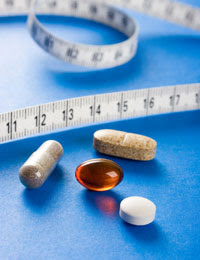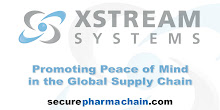
This book written by Roger Bate and published by American Enterprise Institute for Public Policy Research is an excellent encapsulation of the growing danger that is facing consumers globally. In his book Bate masterfully researches the history, scope, globalization, causes and current solutions on the issue of counterfeit pharmaceuticals.
Unfortunately this is an issue that far too few industry and government thought leaders are aware of, adequately educated on or are taking the proper steps to protect their company or constituents against.
Bate recommendations seem to be fixed primarily on dated technologies such as e-pedigrees and RFID as the answer to protecting the drug supply chain. Regrettably he seems unaware of other technologies like XStream Systems' XT250 that can authenticate medications inside a sealed container and which teamed with or in a standalone fashion can properly protect inventories throughout the global and domestic pharmaceutical supply chain. Here’s hoping that as Bate follows up on this well written book, he goes beyond his excellent foundation of the issue and deeper and further in researching potential solutions.
All-in-all, Making a Killing is an excellent book that is a must read for everyone involved in the healthcare industry and the pharmaceutical supply chain.














